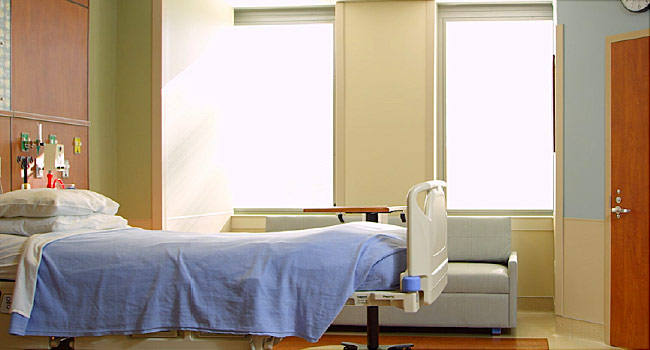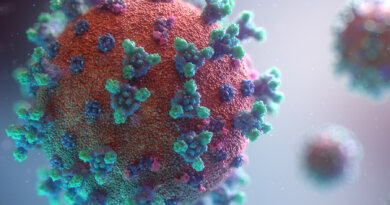Standard Methods Rid Hospital Rooms of Coronavirus
MONDAY, March 9, 2020 (HealthDay News) — Wash your hands. Don’t touch your face. Don’t grab that door handle. Put the toilet seat lid down before you flush.
COVID-19 has prompted a mountain of advice about how to protect yourself against coronavirus infection, and now a trio of studies of infected patients offer very encouraging news on what works.
The bad news first — people infected with the new coronavirus appear to shed it everywhere.
The virus was found all over the hospital rooms of three COVID-19 patients in Singapore, a report published online March 4 in the Journal of the American Medical Association showed.
The virus was found on a host of surfaces, including bed rails, door handles, chairs, light switches, windows, sinks, stethoscopes, air fans and toilets, according to a team led by Sean Wei Xiang Ong, of the National Center for Infectious Diseases, in Singapore.
The good news? All of those surfaces wound up virus-free following routine cleaning with a widely used chlorinated sanitizer, suggesting that coronavirus is no more hearty than the flu or noroviruses, said Dr. Greg Poland, director of the Mayo Clinic’s Vaccine Research Group, in Rochester, Minn.
“What this study suggests is what we know from other studies and from common sense,” Poland said. “Where those surfaces have been cleaned, they’re safe. Where they haven’t been cleaned, they’re not safe.”
These sorts of precautions appear to limit the ability of COVID-19 to spread between people, two other studies reported.
No health care workers in Hong Kong contracted COVID-19 and no hospital-acquired infections were identified within the first six weeks of the outbreak, even though the health system there tested 1,275 suspected cases and treated 42 confirmed cases, according to a study published March 5 in the journal Infection Control & Hospital Epidemiology.
What works to stem spread
Researchers led by Vincent Cheng, from Queen Mary Hospital in Hong Kong, credited hospital infection-control measures, including hand washing, regular cleaning, and the use of protective gloves and surgical masks.
“Appropriate hospital infection-control measures can prevent health care-associated transmission of the coronavirus,” the study authors wrote.



